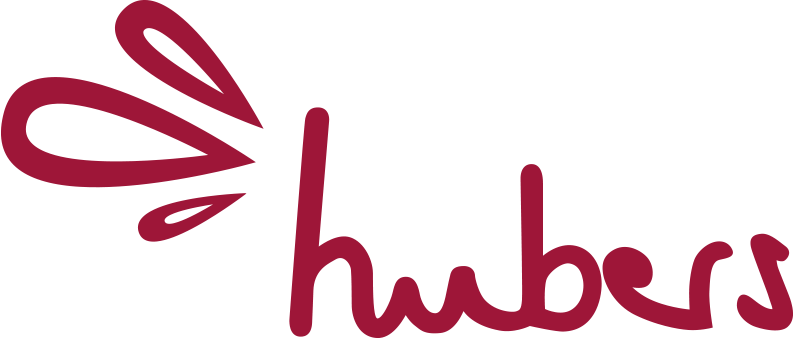Sustainability
Environment and resources
Hubers Landhendl and Süddeutsche Truthahn AG are aware of their ecological footprint and the associated effects on the natural resources of water, soil, air and animals. For this reason, our products meet minimum social or ecological requirements and also offer added value in terms of ecology, social affairs and animal welfare.
When raising broiler chickens, Hubers Landhendl relies exclusively on European soya. Brazilian soya is only used when there are bottlenecks in the European supply chain. However, this must be certified according to the ProTerra standard and be GMO-free.
Hubers Landhendl also aims to become palm oil-free. As early as 2022, palm oil consumption was reduced by half through the use of rapeseed oil.
Climate neutrality
Climate protection is not an empty slogan for us; we receive 100 percentage of our electricity from renewables. In this way we protect the environment and contribute to a future worth living for all of us.
Both Hubers Landhendl and Süddeutsche Truthahn AG will continue to expand their existing photovoltaic systems in order to drastically reduce electricity consumption from climate-damaging raw materials and to further expand sustainability.
With the construction of a biological sewage treatment plant, Hubers Landhendl is also setting an example in terms of sustainability and ecology.
A certified energy management system in accordance with ISO 50002 has been implemented at Süddeutsche Truthahn AG. The truck fleet is operated almost exclusively according to EURO Norm 6.
Environmentally conscious packaging
In the area of packaging, we are consistently working on two topics: automation and optimization. Reducing plastic packaging and using recyclable plastics – these are goals that we have firmly fixed in our sustainability strategy.
The necessary innovation steps include the further development of packaging such as reducing weight, switching to mono-materials, using FSC-certified cardboard boxes, promoting PET cups and environmentally friendly paper-based packaging.
To achieve these goals, Hubers Landhendl works with one of the leading service providers.
Animal welfare
The company founders Maria and Johann Huber started processing organic chicken as early as 1997. Hubers Landhendl has remained true to this sustainable vision of animal welfare and is still continuing to invest in better husbandry conditions for the poultry.
For many years, only chicken farms that meet the requirements of either an organic chicken farm or a winter garden chicken farm have been accepted as partners.
Furthermore, more and more slow-growing breeds of chicken are being used, which is essential for animal health. All animals meet at least the requirements of QS GmbH (quality and safety) and therefore all of the poultry we process is more strictly regulated than the legal requirements.
